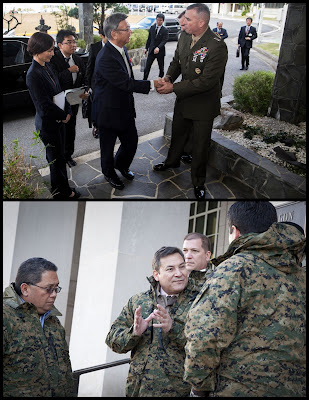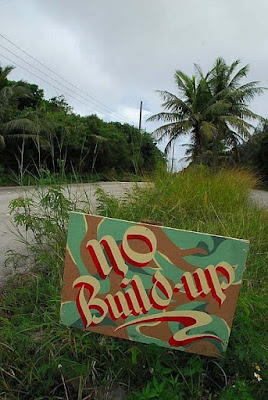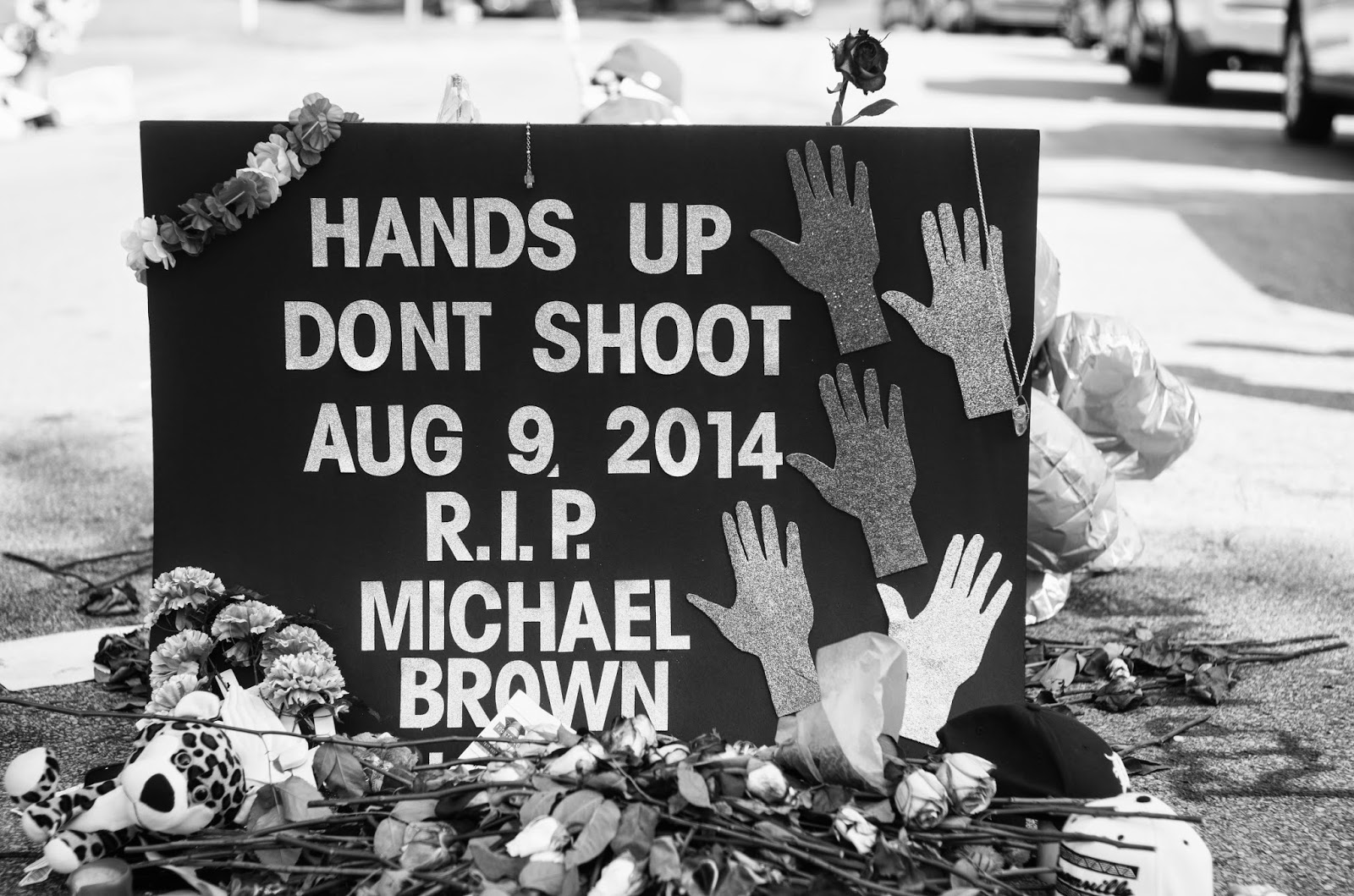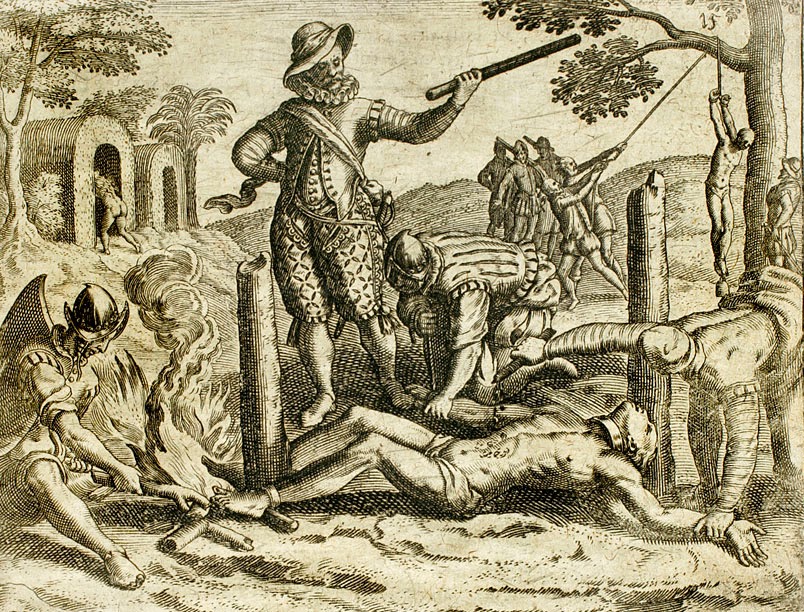Maga'låhi to Maga'låhi

Last year, Our Islands are Sacred and other local activist groups penned a joint letter to Governor of Guam Eddie Calvo, challenging his support for the US military buildup to Guam. In response to the letter, which made a significant splash on social media, the Governor met with some of the authors of the letter to discuss their concerns. Central to rhetoric invoked in the letter focused on how the Governor had made several statements to the media that he was excited about the military buildup and what it might mean to Guam economically. As the military buildup, even in its reduced form, will most likely negatively Guam's environment, economy, security and cultural properties, the writers of the letter were incredulous that Governor Calvo would speak of the buildup with such excitement when so many negative aspects were involved. One of the suggestions that they made to Governor Calvo was that he invite the Governor of Okinawa to visit Guam with his staff and have a conversatio



